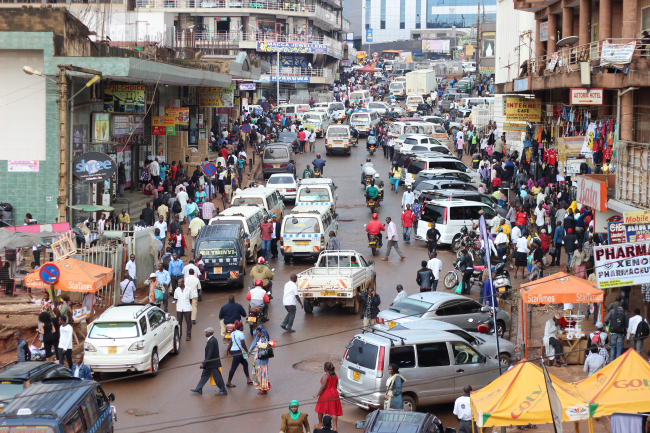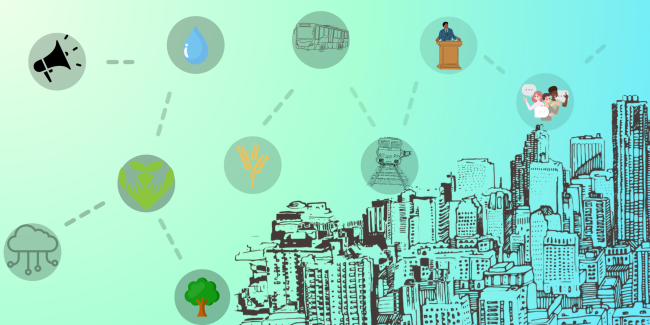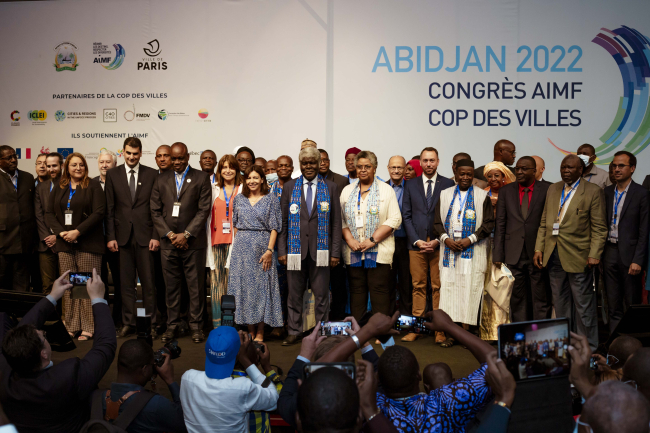International Organizations and Multilateralism
Rhetoric on the crisis of multilateralism is frequent. International organizations (UN, WTO, etc.) remain no less important, while other forums (G20, BRICS, etc.) are asserting themselves.
Related Subjects
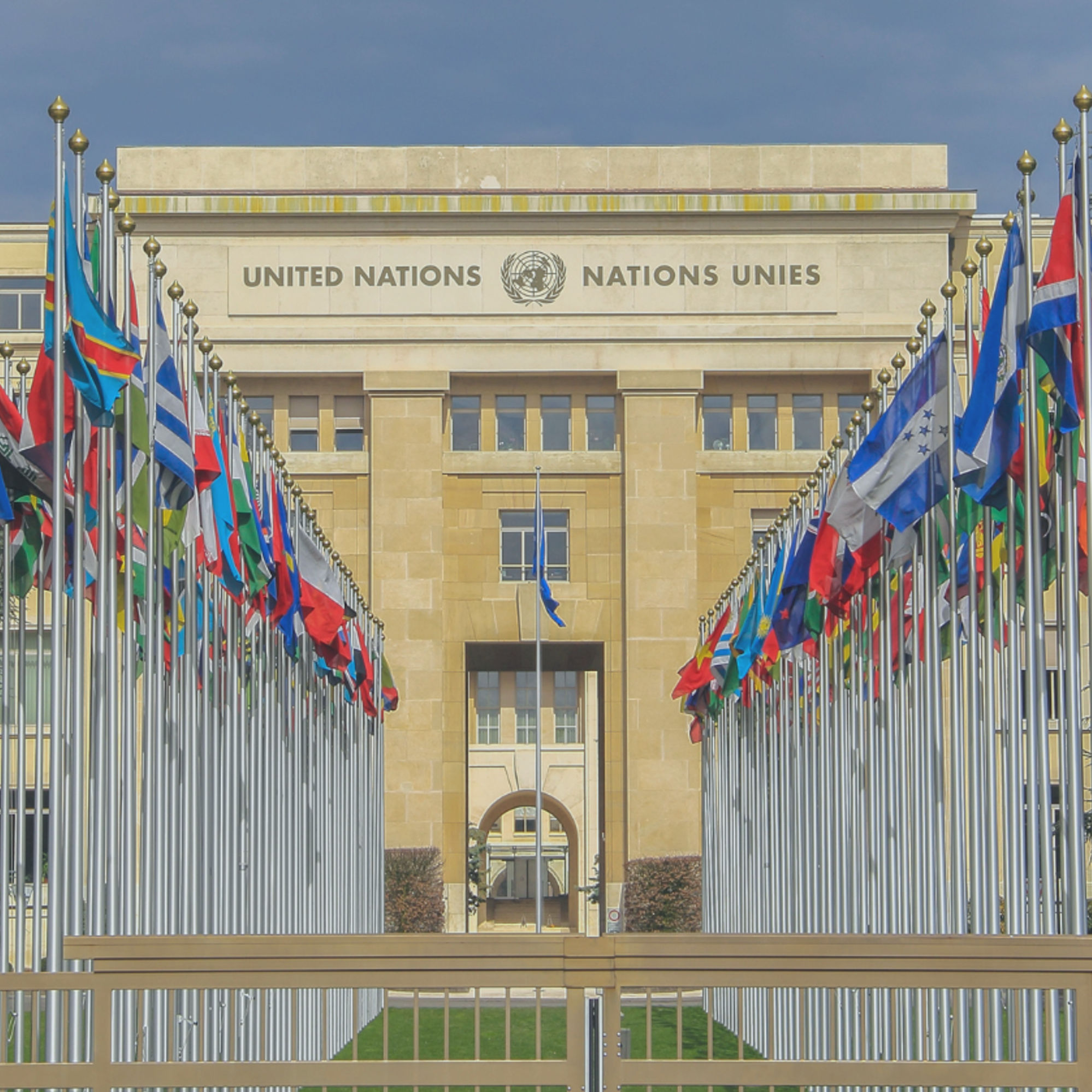
Reforming the EU electricity markets - Florian ERMACORA
Florian Ermacora, Head of the Internal Energy Market Unit in DG Energy, explains how the Clean Energy Package will improve the functioning of the internal electricity market, and how the new market design will help integrating larger shares of renewables.
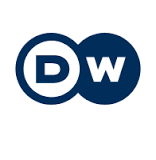

Juncker, the optimist
The president of the European Commission about security, investment and assistance in Africa. According to Hans Stark, Jean-Claude Juncker didn't beat around the bush and instead of going too far in self-chastisement he tried to give hope to European citizens.
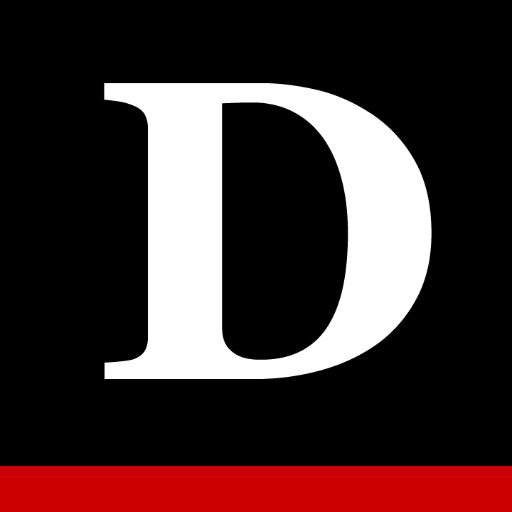

The ASEAN Community: The Reality of a Vision
On December 31, 2015, ASEAN launched its long-anticipated Community with relatively little fanfare. This low-profile attitude surprised many observers: announced as a milestone and the signal of the member-states determination to bring regional cooperation “to a higher plane,” the launch was indeed modest, even imperceptible.

The TPP and its consequences for China, and Europe
John Seaman answers questions from the China Daily on the recently concluded negotiations of the Trans-Pacific Partnership (TPP) and their consequences for China and for Europe.
Read the interview, in Chinese
The Baltic Forum 2013
Significant changes in global and regional energy supply and demand, as well as their influence on the political decision-making determine the need to restore proper expert analysis of problems and development perspectives.
Traffic streams, especially energy resource transit, are directly subordinate to the changes in the relations between the countries of the world. Logistics cannot be considered in isolation from the international security and energy policy.
The ensuring of Euro-Atlantic security to the countries and country groups in the surrounding turbulent world is one of the most important and topical issues for joint consideration.

Russia's diplomacy is more active than it was ten years ago
Since December 2011 there is a real convergence between the perception of President Vladimir Putin and the perception of Russia, especially, in the Western media.
That leads to several comments. The first is the feeling that there is now a new, much more concentrated power in the Kremlin, and that to some extent leads to the question about the very difficult challenge for Russia to build balanced institutions. And there is the perception that, on this particular point, Russia has not made progress. And this is the main area of concern as seen from outside.
City Diplomacy and Human Mobility in Africa. Protecting Refugees and Migrants along the Central Mediterranean Route from the East and the Horn of Africa
Cities face constraints to work on migration and refugee issues, often due to a lack of decentralisation and resource constraints. Adopting an inclusive city approach can safeguard local authorities’ commitment towards providing protection to residents regardless of status, while not overstepping legal mandates.
From Crisis Hotspots to Convening Powers. African Cities Launch Diplomacy to Create Climate Mobility Partnerships
African local governments cannot afford to turn into climate mobility hotspots without taking proactive action – drawing on local knowledge, convening power and access to affected communities.
The Evolution of City Diplomacy in Africa: Impact, Potential, and Ongoing Challenges of African Cities’ International Activities.
Over the past decades, African cities have ranked among the leading players in the evolution of city diplomacy. Indeed, municipalities across the continent have gone beyond simply adapting to shifting trends in international cooperation. They have been shaping the current partnership approach that sees local authorities worldwide working together to pursue shared goals and address common urban challenges such as climate change, migration, and social justice.
Global Governance, Ukraine, and the European Union: Quo Vadis?
The technological revolution of the latter half of the twentieth century, 9/11, and the 2007–2008 financial crisis have delimited the West’s dream of harmonious globalization.
Kazakhstan and Eurasian Economic Integration: Quick Start, Mixed Results and Uncertain Future
Kazakhstan's economic integration with Russia and Belarus has been advancing at break-neck speed.
Challenges and Opportunities of a EU-Taiwan ECA: A Review of Political-Economic Perspectives
Concerns over becoming marginalized in the course of East Asian economic integration are driving a proactive regional trade agreement (RTA) strategy on the part of Taiwan. Three factors explain this concern: Competing visions of economic integration in the region from both the United States and China, the success of Korea in concluding a large number of important RTAs, and the increasing number of overlapping agreements that crowd out countries and economies such as Taiwan that do not have proactive RTA strategies.
Globalization of Japanese firms: Long-run Trends, Cross-sectional Variations, and Policy Implications
Japanese firms are increasingly involved in various global business operations - not only in traditional international trade in goods, but also in offshore production and the new mode of globalization: offshore outsourcing.
Is Africa's Recent Economic Growth Sustainable?
Hardly a week goes by without an African investors’ conference or growth summit.
Establishing the Rule of Law: the U.N. Challenge in Kosovo
Created on the 10th July 1999 by Security Council Resolution 1244, UNMIK was responsible for restructuring the institutions of a country devastated by war and establishing democratic governance. The security of people and goods and the existence of a legal system trusted by the population were two crucial prerequisites to the state-building process.
The Religious Diplomacy of the Russian Federation
The Russian Federation is shaping its religious diplomacy (i.e., in brief, the use of the religious factor in foreign policy) and exercises it with a growing efficiency. This is, to a certain degree, a consequence of processes taking place in Russia, namely, first and foremost, the solving of the crisis of identity and values, and, closely connected with this, the renaissance of religion in Russian political and social life.
Defence and Foreign Policy Under President-elect François Hollande
We know little about François Hollande's stance on wider foreign and defence policy issues. Though we are unlikely to see major changes from his predecessor, some clues from his successful campaign suggest that President-elect Hollande will adopt a more European and Gaullist approach.
Ukraine at the Crossroads: Between the EU DCFTA and Customs Union
After serious decline in the 1990s, Ukraine's economy finally started its recovery and systemic reform in early 2000. While the economy rapidly grew by 2008, its transformation remained unfinished. Ukraine has three possible roads to development.
South Africa and the Arab Spring: opportunities to match diplomacy goals and strategies
This paper highlights how the Arab Spring magnified a two-dimensional gap in South Africa’s foreign policy. First that South Africa does not have a vision which reconciles demands for achieving the goals of protecting human rights, sovereignty, and multilateralism; second, that its strategies do not meet set goals. The paper then provides tentative explanations to this gap. It ends by elaborating what in the “African Awakening” and in the midst of the Arab Spring are opportunities for South Africa to overcome this gap.
IEA Crisis Management: Evolving with the Risks
Last week the IEA chose not to renew its June strategic stock release. It was the right decision. The volumes of strategic crude and product taken up by the market will be reaching refineries now and incremental volumes produced in the Arabian Gulf will be steaming towards markets.
Support independent French research
Ifri, a foundation recognized as being of public utility, relies largely on private donors – companies and individuals – to guarantee its sustainability and intellectual independence. Through their funding, donors help maintain the Institute's position among the world's leading think tanks. By benefiting from an internationally recognized network and expertise, donors refine their understanding of geopolitical risk and its consequences on global politics and the economy. In 2024, Ifri will support more than 70 French and foreign companies and organizations.








